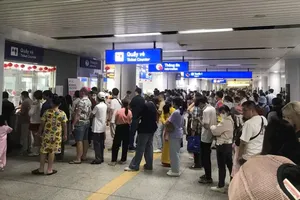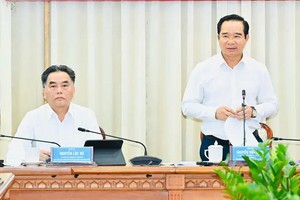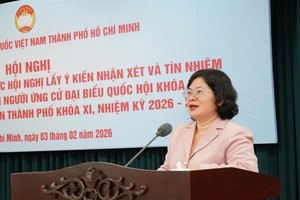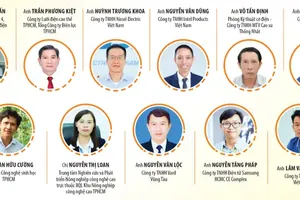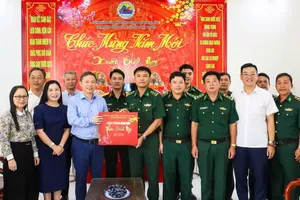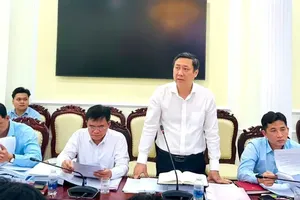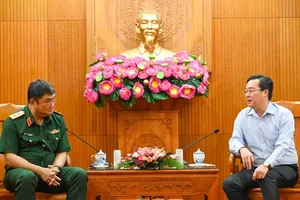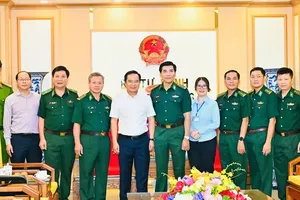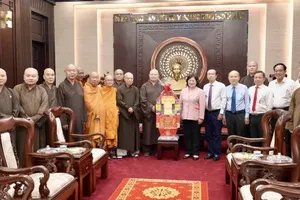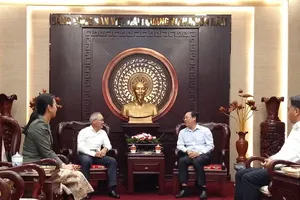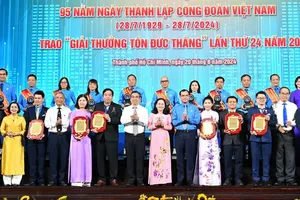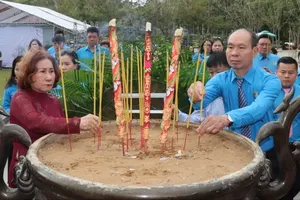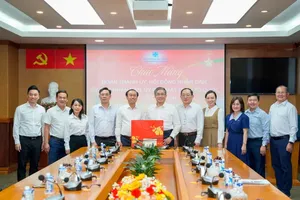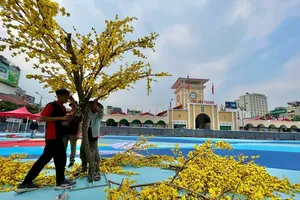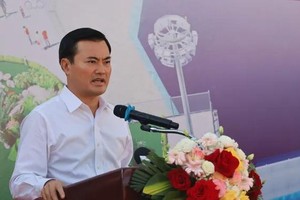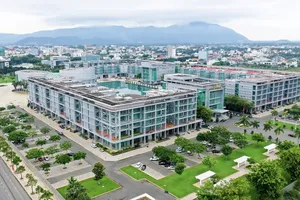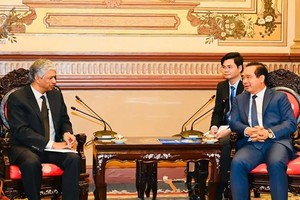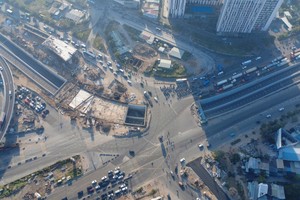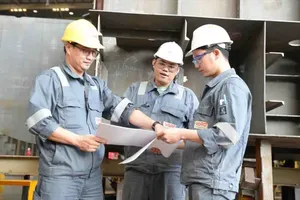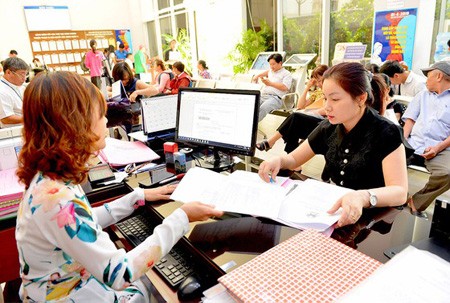
Members of the delegation raised the concern that many citizens in HCMC were illegally asked for money to smoothen administrative procedures. In addition, some people still have to visits state offices many times just to supply sufficient documents for land-related procedures while the cooperation among state units is still too weak and intensely annoys both individuals and businesses.
Therefore, these delegates suggested that HCMC People’s Committee implement suitable solutions to completely stop any possible corruption and improve the public’s impression about state officers. It is also recommended to effectively carry out administrative reform in order to simplify current procedures related to land.
Regarding Resolution No.54, HCMC People’s Committee has already submitted to HCMC People’s Council 32 projects about changing the use of more than 10ha farmland.
However, delegates expressed their concern over the schedule of these projects, saying that only 1 of them was 100 percent compensated. They asked that the other 31 projects be examined and sped up.
As to annual land distribution, delegate Trieu Do Hong Phuoc revealed that many districts in HCMC somehow waited until the middle or even near the end of the year to publicize land use allocation of that year, which negatively affects the rights of citizens and businesses.
What is more, several districts at the moment limit the rate of changing land use to residential land while there is no law about this. Mr. Phuoc suggested to increase examination and instruction delivery to stop these issues.
In her speech, Vice Chairwoman of HCMC People’s Council Phan Thi Thang proposed that HCMC People’s Committee focus more on the collaboration among state departments and units to avoid tardiness in document handling as well as dissimilarities in instruction delivering to the public.
She mentioned the revenue of HCMC from equitizing state companies, which accounts for the largest amount when applying the special mechanisms and policies. Therefore, HCMC People’s Committee has to prepare a detailed route to carryout this process successfully.
She also asked for explanation about the case that 5 group-A projects whose investment was approved by HCMC People’s Council to reduce implementation time is still unable to carry out, along with the slowness of the 31 land use transformation projects mentioned earlier.
Deputy Director of HCMC Department of Home Affairs Ngo Thi Hoang Cac explained that due to the old habit of applying for administrative procedures in state offices, many citizens are not wholeheartedly into online services. Only 10.6 percent of these documents are submitted online. Adding to that, the electronic database about land use and planning for reference is incomplete, while e-payment methods are not convenient.
Director of HCMC Department of Planning and Investment Le Thi Huynh Mai shared that since there is no clear instruction from authorized state offices about land use after equitizing, this task is expected to prolong unwantedly and might not finish in 2020 as planned. This leads to a high potential that the city will not receive any income from equitizing state companies.
Vice Chairman of HCMC People’s Committee Ngo Minh Chau admitted that online public administrative services are still not attractive enough for the public to use. The good news is many local authorities are trying their best to apply the e-government system for better administrative services.
He also promised to address corruption problems via more transparent procedures and frequent checking of supervisors to their own inferiors. These managers also need to interact with the public more to timely tackle possible issues while encouraging citizens to use online services to minimize any potential corruption activity.
The Vice Chairman asked that HCMC Department of Natural Resources and Environment cooperate more closely with related units to boost the procedure of the 31 projects above, introduce detailed criteria with regard to land use transformation, and work with suburban districts to logically urbanize and distribute land use each year. These plans must be announced on the first day of every year.
